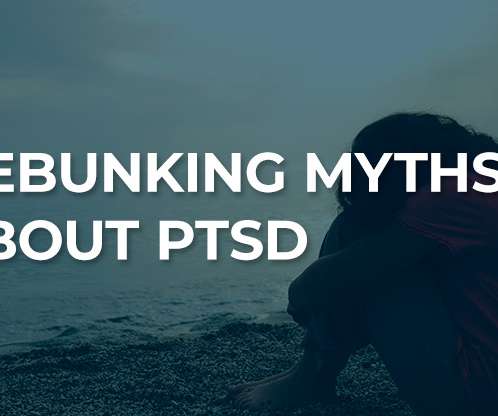Five Ways I Build Mental Wellness
My Brains Not Broken
MAY 15, 2024
After a decade-plus of living with depression and anxiety, I am proud of how I’ve learned to manage my mental health challenges. There are several types of talk therapy, including Cognitive Behavioral Therapy (CBT), Dialectal Behavior Therapy (DBT), Mentalization-based therapy (MBT) and so many more.













Let's personalize your content